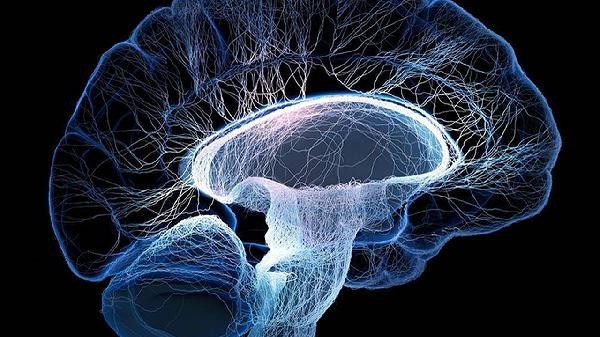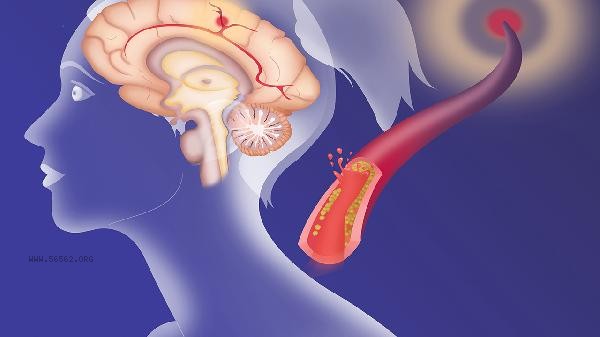The constant wandering of the brain may be related to factors such as anxiety, excessive fatigue, attention deficit, depressive tendencies, or sleep disorders.

1. Anxiety
Long term exposure to stress can easily trigger anxiety, causing the brain to repeatedly think about unresolved problems or worry about the future. This state may be accompanied by physiological reactions such as palpitations and sweating. It is recommended to relieve tension through deep breathing exercises, mindfulness meditation, and seek psychological counseling if necessary.
2. Excessive fatigue
Mental exhaustion can keep the cerebral cortex in an excited state, making it difficult to stop thinking activities. Continuous work and study, staying up late, and other behaviors can exacerbate this situation. Maintaining a regular schedule, getting 7-8 hours of sleep every day, and briefly closing your eyes during work breaks can help restore brain regulation function.
3. Attention Deficit
Some people have attention regulation disorders, manifested as thinking jumps and difficulty concentrating. This situation may be related to an imbalance of neurotransmitters. Focused training such as structured time management and tomato work method can improve symptoms, and in severe cases, professional assessment may be considered to determine the presence of attention deficit hyperactivity disorder.

4. Depressive tendencies
Persistent negative thinking cycles are common manifestations of depression, often accompanied by self doubt and pessimistic expectations. This type of rumination consumes psychological energy. Maintaining moderate socialization and cultivating interests and hobbies can interrupt negative thinking chains. If symptoms persist for more than two weeks, it is recommended to seek psychological treatment.
5. Sleep disorders
An increase in mental activity before falling asleep is a physiological phenomenon, but long-term insomnia can lead to daytime thinking disorders. Abnormal secretion of melatonin and sleep apnea can all cause this problem. Establish a bedtime relaxation ritual, avoid using electronic devices before bedtime, and conduct sleep monitoring if necessary. Improving excessive mental activity requires comprehensive regulation. It is recommended to maintain 30 minutes of aerobic exercise such as brisk walking or swimming every day. Exercise can promote the secretion of endorphins and help stabilize emotions. Increase the intake of deep-sea fish, nuts, and other foods rich in omega-3 fatty acids in diet, and avoid excessive caffeine intake. You can try writing a diary to organize your thoughts, or engage in activities that require concentration such as painting or handicrafts to divert your attention. If symptoms affect daily life, it is necessary to seek timely evaluation at a psychiatric or neurology department. Professional doctors will recommend cognitive-behavioral therapy or medication intervention plans based on the specific situation.









Comments (0)
Leave a Comment
No comments yet
Be the first to share your thoughts!